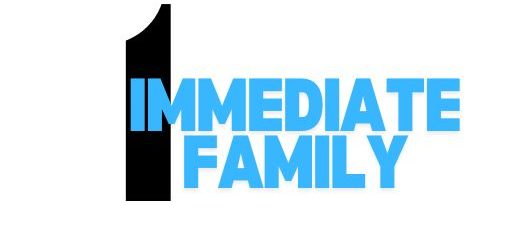Navigating Force Majeure: How Unforeseen Events Impact Financial Contracts and Business Obligations
What is a Force Majeure Clause? The term “force majeure” translates to “superior force” and refers to an event that is beyond the control of the contracting parties and prevents them from fulfilling their contractual obligations. A force majeure clause…
Understanding Floating Rate Notes (FRNs): Benefits, Risks, and How They Work
What Are Floating Rate Notes (FRNs)? Floating Rate Notes (FRNs) are debt securities that feature variable coupon rates linked to a specified benchmark rate. The coupon rate is calculated by adding a fixed spread to the benchmark rate. For example,…
Understanding Fixed-Income Securities: A Guide to Bonds, CDs, and More
What Are Fixed-Income Securities? Fixed-income securities are debt instruments that promise to pay a fixed amount of interest at regular intervals and return the principal amount at maturity. Unlike variable-income securities, such as stocks or mutual funds, which can fluctuate…
How to Choose and Understand Your Company’s Fiscal Year-End: A Comprehensive Guide for Business and Investors
Understanding Fiscal Year-End Basics A fiscal year-end is the date that marks the end of a company’s financial year. Unlike the calendar year, which always ends on December 31st, a fiscal year can end on any date within a 52-…
Unlocking Market Insights: The Financial Times Stock Exchange Group (FTSE) Guide
In the vast and complex world of global finance, understanding market trends and benchmarks is crucial for investors, analysts, and financial institutions. One of the most influential players in this arena is the Financial Times Stock Exchange Group (FTSE). As…
Unlocking Financial Efficiency: The Role and Benefits of a Financial Intermediary
In the complex web of financial transactions, financial intermediaries play a crucial role in connecting savers and borrowers, facilitating investments, and ensuring the smooth operation of the financial system. These entities are more than just middlemen; they are the backbone…
Understanding Financial Assets: Definitions, Types, and Examples Under IFRS
Definition of Financial Assets Financial assets are liquid resources that do not have inherent physical worth but are valued based on market supply and demand and risk factors. These assets derive their value from contractual rights or ownership claims. For…
Understanding Fiat Money: How Government-Issued Currencies Shape the Global Economy
In the modern economic landscape, fiat money plays a pivotal role in shaping financial systems and global trade. Unlike traditional currencies backed by physical commodities like gold or silver, fiat money derives its value from the trust and faith people…
Ultimate Guide to Federal Housing Administration (FHA) Loans: Requirements, Benefits, and How to Qualify
What is an FHA Loan? An FHA loan is a mortgage insured by the Federal Housing Administration. These loans are issued by FHA-approved lenders and can be used to purchase or refinance various types of homes, including single-family houses, townhouses,…
Understanding the Farmers Home Administration (FmHA): Loans, Rural Development, and Historical Impact
The Farmers Home Administration (FmHA), established in August 1946, was a pivotal agency in the United States dedicated to extending credit for agriculture and rural development. Over its nearly six-decade existence, FmHA played a crucial role in transforming rural landscapes…










